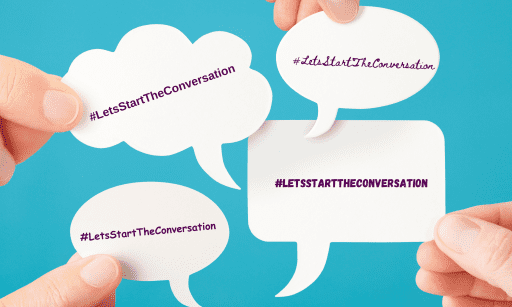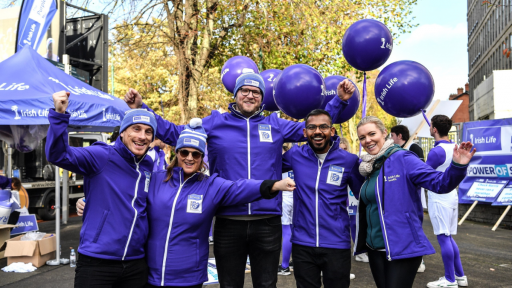Returning to work after a long career break can be both exciting and challenging. Here are some things you can expect:
Emotional Reactions
Anxiety and Nervousness: It’s natural to feel anxious about re-entering the workforce. You might worry about fitting in or keeping up with new industry standards.
Excitement: Alongside the anxiety, you may feel excited about new opportunities and getting back into a professional routine.
Skill Refreshment
Training and Up-skilling: You might need to update your skills or learn new ones, especially if your field has experienced significant changes. Many companies offer onboarding training, or you can pursue courses on your own.
Technology Adaptation: Be prepared to adapt to new technologies and software that have become standard in your industry.
Adjusting to Work Routine
Work-Life Balance: It might take some time to readjust to a regular work schedule, especially if you’ve been managing different kinds of routines during your break.
Productivity Levels: You may find that your productivity improves gradually as you get used to the pace of work again.
Workplace Dynamics
Cultural Shifts: Company cultures may have evolved, and there might be a stronger focus on diversity, inclusion, and mental health.
Networking: Rebuilding your professional network is important. Engage with colleagues, attend industry events, and consider joining professional groups.
Confidence Building
Imposter Syndrome: You might initially feel like you don’t belong or aren’t up to the task. It’s important to remind yourself that everyone has unique experiences and skills to contribute.
Small Wins: Celebrate small achievements to build your confidence. Each success can help you feel more comfortable in your role.
Support Systems
Mentorship: Seek out a mentor who can provide guidance and support as you transition back into the workforce.
Peer Support: Connect with others who have also returned to work after a break. Sharing experiences can be reassuring and provide useful insights.
Work Environment
Remote Work: Many companies have adopted remote or hybrid work models. Be prepared to work from home or in a flexible environment.
Office Dynamics: If you’re returning to an office setting, observe and adapt to the current office dynamics and policies.
Compensation and Benefits
Negotiations: Be prepared to negotiate your salary and benefits. Research current industry standards to ensure you’re getting a fair offer.
Understanding Benefits: Get familiar with the benefits offered by your new employer, including health insurance, retirement plans, and other perks.
Legal and Policy Changes
HR Policies: Stay updated on any changes in employment laws and company policies that might affect you, such as parental leave, remote work policies, and employee rights.
Personal Growth
New Perspectives: Your time away from work may have provided you with new perspectives and skills that are valuable in the workplace.
Resilience: Returning to work after a break demonstrates resilience and adaptability, qualities that are highly valued by employers.
By preparing for these aspects, you can ease the transition and make your return to work a successful and rewarding experience.
Keep up to date with the latest Returner Friendly employers, upskilling & retraining opportunities by joining our platform HERE
Sign up to our newsletter & job alert today and never miss the ideal opportunity again ! Sign up HERE



